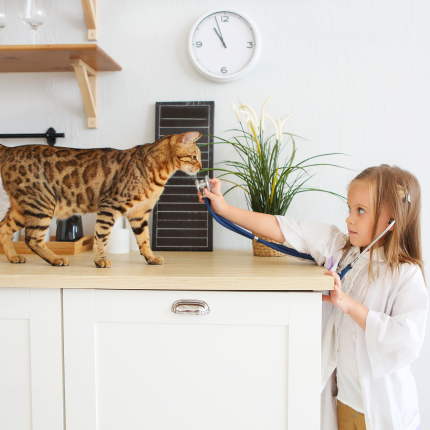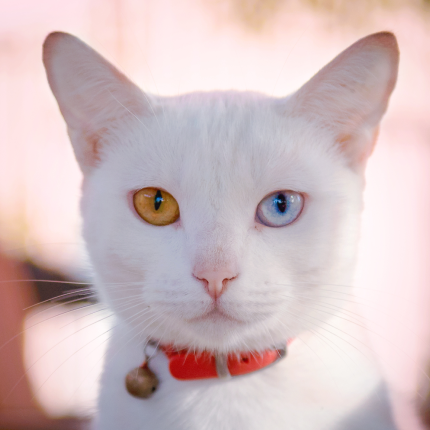Community Science is Unlocking the Mysteries of Cats

Cats have long captured our hearts, but even with centuries of companionship, there’s still so much we don’t know about these enigmatic animals. Enter Darwin’s Ark, a nonprofit community science initiative that’s harnessing the collective knowledge of pet owners to uncover the secrets of pet genetics, behavior, and health. While the project initially focused on dogs, 2024 marked the launch of Darwin’s Cats, bringing the power of citizen science to the world of felines.
advertisement
A New Era of Cat Research
Through Darwin’s Cats, scientists are inviting cat owners to become community scientists, contributing insights about their pets’ personalities, habits, and even DNA. By leveraging the expertise of the people who know their cats best, researchers aim to explore how genetics influences behavior, health, and ancestry.
Since its launch, over 18,000 cats have been registered, with more than 1.1 million survey responses submitted. This data is helping researchers study everything from common health conditions to unique personality traits, creating a rich database that has the potential to revolutionize feline science.
How Community Science Works
Participation is simple and doesn’t require a lab coat or advanced degree. Cat owners can:
- Sign up with their cats – create an account for both owner and pet.
- Become a Community Scientist – complete surveys about your cat’s behavior, habits, and preferences.
- Sequence Your Cat’s DNA – optional genetic testing helps researchers explore understudied areas of feline genetics and ancestry.
Through this collaborative approach, Darwin’s Cats is producing groundbreaking insights that wouldn’t be possible in traditional lab settings.
Why It Matters
Cats are more than just pets—they’re part of our families. Yet, compared to dogs, far less is known about their genetics and behavior. By analyzing thousands of cats, Darwin’s Ark researchers are working to:
- Understand health patterns – identifying genetic risk factors for common feline diseases.
- Decode behavior – linking personality traits to genetic and environmental influences.
- Trace ancestry – uncovering the evolutionary history of domestic cats and their breeds.
Beyond helping cats, these insights can also inform human health. Because pets share our environments and lifestyles, studying them can reveal patterns relevant to diseases that affect both species.
advertisement
Join the Feline Revolution
For cat owners, participation in Darwin’s Cats is both simple and rewarding. By sharing observations, completing surveys, or contributing a DNA sample, you’re not just learning about your own cat—you’re advancing science for the entire feline community.
As the program grows, the potential discoveries are limitless. From understanding playful quirks to preventing disease, Darwin’s Cats is transforming how we care for our furry companions, one survey, one DNA sample, and one paw at a time.
Curious? Sign up today and turn your love for your cat into a catalyst for scientific discovery. Your cat could be the key to the next breakthrough in feline research.

Featured Articles

Why Do Cats Roll Over Into Their Backs But Not Let You Touch Their Bellies?
It’s common knowledge dogs love to have their tummies rubbed when they freely lay down before you and roll onto their backs. But, if you’re also familiar with cats, you know that when they roll onto their backs with their bellies exposed, rubbing the belly will most likely result in…

Polydactyl Cats: Just More Beans to Love
Polydactyl cats have become extremely popular in recent times. As a result, more and more people are interested in learning more about this six-toed cat and want to get one of their own. If you are a cat lover intrigued by polydactyl cats, you have come to the right place….

The Odd-Eyed Cat (AKA Heterochromia)
Cats are already beautiful and fascinating creatures, but people are bound to take notice when they have something as captivating as two different colored eyes. Odd-eyed cats always have one blue eye paired with either a green, yellow, or brown eye. This form of heterochromia occurs in other animals, including…